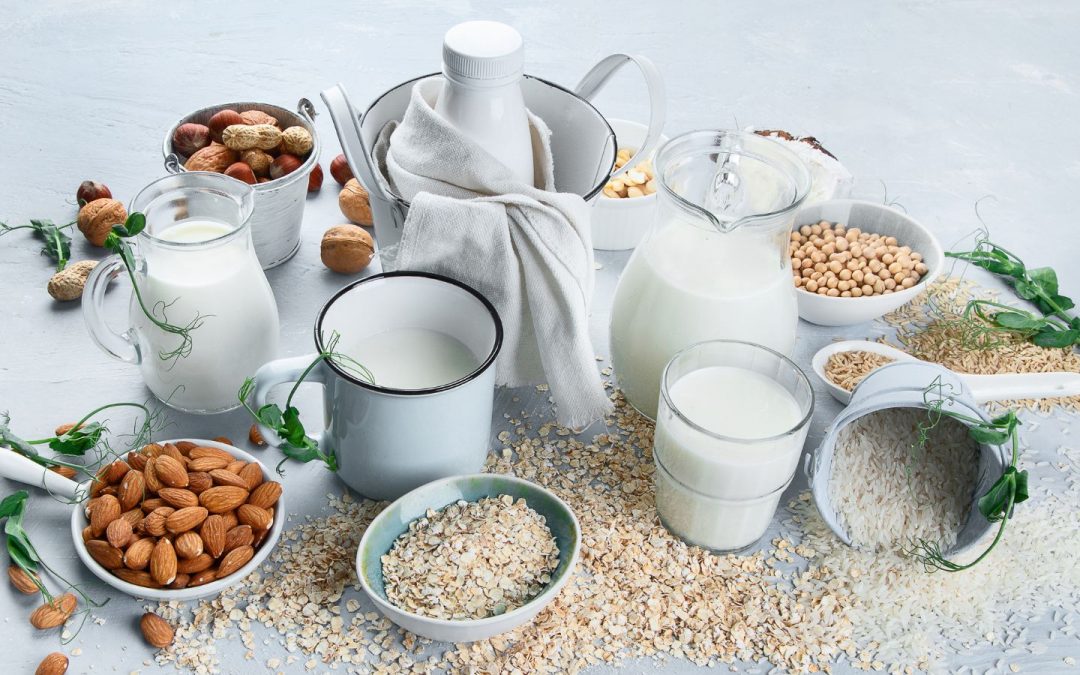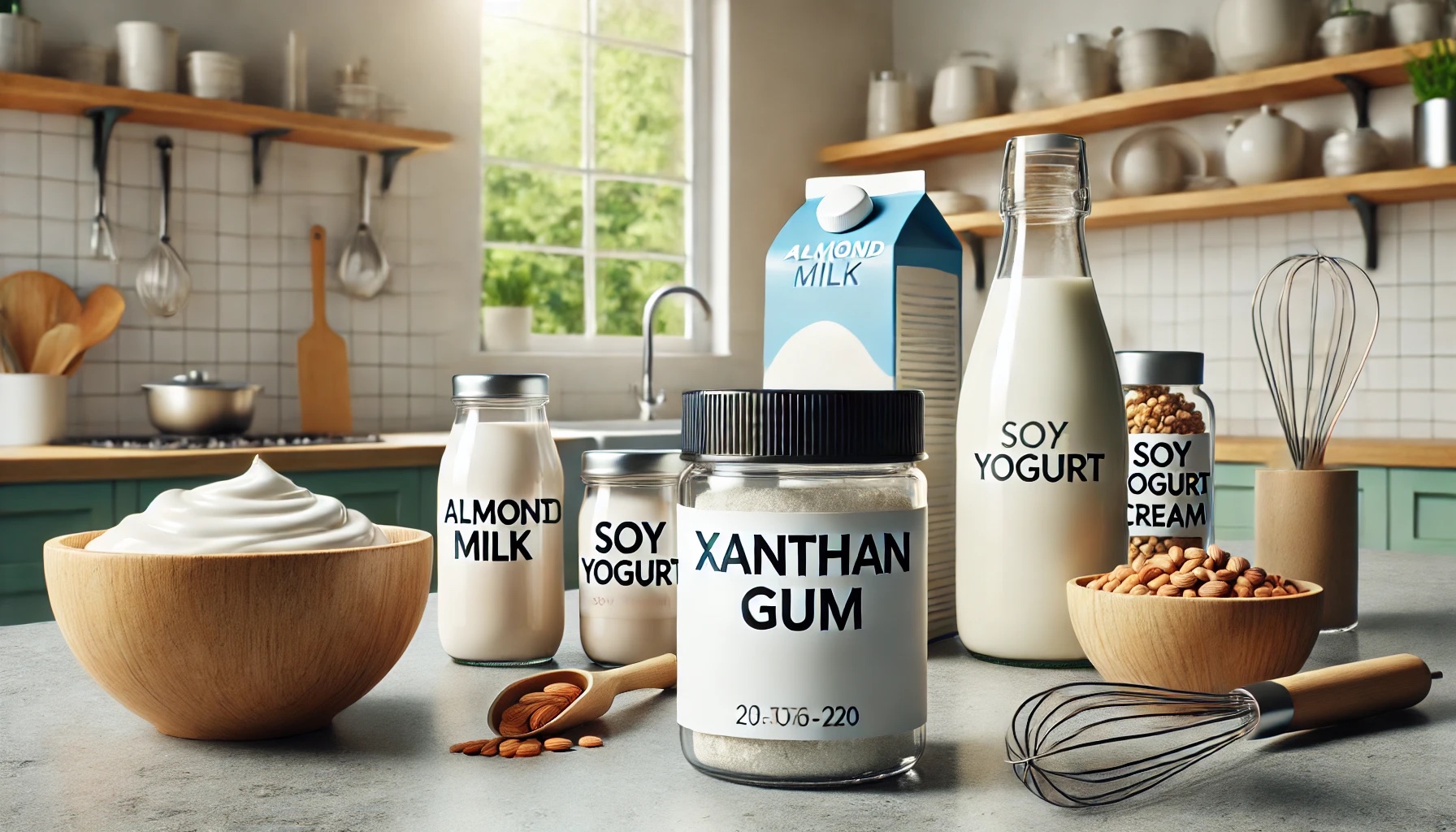What Are Collagen Peptides, and How Are They Produced?
Collagen peptides are short chains of amino acids derived from collagen, a structural protein that is abundant in the human body, particularly in connective tissues such as skin, tendons, ligaments, and bones.
Collagen is known for its tensile strength and is essential for maintaining the structural integrity of various tissues.
Production Process:
- Extraction from Collagen: Collagen peptide are produced by hydrolyzing collagen, typically sourced from bovine, porcine, or marine origins. This process involves breaking down the collagen protein into smaller, more digestible peptides through enzymatic hydrolysis. The resulting peptides are easier for the body to absorb and utilize.
- Molecular Weight and Bioavailability: The molecular weight of collagen peptides typically ranges between 2-5 kDa (kilodaltons), which is significantly lower than that of intact collagen. This low molecular weight enhances their bioavailability, allowing for rapid absorption into the bloodstream and effective delivery to target tissues.
How Do Collagen Peptides Support Joint Health in Athletes?
Joint health is crucial for athletes, as repetitive motion, high-impact activities, and strenuous exercise can lead to joint wear and tear.
Collagen peptides play a significant role in supporting joint health and preventing injuries.
Joint Cartilage Repair:
- Stimulation of Chondrocytes: Collagen peptides have been shown to stimulate chondrocytes, the cells responsible for maintaining cartilage. By promoting the synthesis of type II collagen, which is the primary collagen in cartilage, collagen peptides help maintain cartilage integrity and prevent degradation.
- Reduction of Joint Pain: Clinical studies have demonstrated that regular supplementation with collagen peptides can reduce joint pain associated with physical activity, particularly in athletes with existing joint discomfort or those engaged in high-impact sports.
Prevention of Degenerative Joint Conditions:
- Osteoarthritis Prevention: Long-term collagen peptide supplementation has been linked to a reduction in the symptoms of osteoarthritis, a common degenerative joint condition. By enhancing the production of extracellular matrix components, collagen peptides help preserve joint function and delay the progression of osteoarthritis.
What Role Do Collagen Peptides Play in Muscle Recovery?
Muscle recovery is a critical aspect of sports nutrition, and collagen peptides have emerged as a valuable ingredient in supporting this process.
Muscle Tissue Repair:
- Enhancement of Muscle Recovery: Collagen peptides contain a unique amino acid profile, rich in glycine, proline, and hydroxyproline. These amino acids are crucial for the synthesis of connective tissue proteins, such as collagen and elastin, which are essential for muscle repair and recovery.
- Reduction of Muscle Soreness: Supplementation with collagen peptides has been shown to reduce delayed onset muscle soreness (DOMS), a common issue faced by athletes after intense exercise. This effect is partly due to the peptides’ ability to support the repair of damaged muscle fibers and reduce inflammation.
Support for Lean Muscle Mass:
- Collagen and Muscle Protein Synthesis: While collagen peptides are not a complete protein (they lack certain essential amino acids), they still contribute to muscle protein synthesis when consumed in conjunction with other protein sources. The unique amino acids in collagen peptides support the formation of the extracellular matrix, which provides the structural framework for muscle tissue.
- Prevention of Sarcopenia: For aging athletes, collagen peptides can be particularly beneficial in preventing sarcopenia, the age-related loss of muscle mass. By supporting muscle tissue integrity and promoting lean muscle mass retention, collagen peptides help maintain physical performance and reduce the risk of injuries.
How Do Collagen Peptides Aid in Injury Recovery for Athletes?
Injuries are an unfortunate reality for many athletes, and effective recovery strategies are essential for a return to peak performance. Collagen peptides have gained attention for their role in accelerating injury recovery.
Tendon and Ligament Repair:
- Collagen Synthesis Stimulation: Tendons and ligaments are primarily composed of collagen, and their repair is highly dependent on adequate collagen synthesis. Collagen peptides have been shown to stimulate fibroblasts, the cells responsible for producing collagen in tendons and ligaments, thereby accelerating the healing process.
- Improved Tissue Strength and Elasticity: Regular intake of collagen peptides enhances the mechanical properties of tendons and ligaments, improving their strength and elasticity. This not only aids in injury recovery but also reduces the risk of future injuries by increasing the resilience of these tissues.
Accelerated Healing of Soft Tissue Injuries:
- Wound Healing Support: Collagen peptides contribute to the healing of soft tissue injuries, such as sprains and strains, by supporting the formation of new collagen fibers and promoting the remodeling of damaged tissue. This process is essential for restoring the structural integrity and function of the affected area.
- Reduced Recovery Time: Athletes who supplement with collagen peptides may experience a shorter recovery time following injuries. This is particularly important for those involved in competitive sports, where minimizing downtime is crucial.
What Are the Benefits of Collagen Peptides for Bone Health in Athletes?
Bone health is a critical concern for athletes, especially those engaged in high-impact sports that place significant stress on the skeletal system. Collagen peptides play a vital role in maintaining bone health and preventing fractures.
Bone Density Maintenance:
- Stimulation of Osteoblasts: Collagen peptides have been shown to stimulate osteoblasts, the cells responsible for bone formation. This leads to increased synthesis of type I collagen, the primary collagen in bone tissue, which contributes to maintaining bone density and strength.
- Prevention of Bone Loss: Regular supplementation with collagen peptides has been linked to a reduction in bone loss, particularly in athletes at risk of osteoporosis. By supporting bone mineralization and collagen production, collagen peptides help preserve bone mass and reduce the likelihood of fractures.
Fracture Healing:
- Support for Bone Regeneration: Collagen peptides are also beneficial for athletes recovering from bone fractures. They support the regeneration of bone tissue by promoting the deposition of collagen in the fracture site, leading to faster healing and stronger bone formation.
- Reduction of Bone Pain: Athletes with bone injuries may experience a reduction in pain and discomfort with collagen peptide supplementation, as these peptides help rebuild the bone matrix and restore the integrity of the affected bone.
How Do Collagen Peptides Contribute to Skin and Connective Tissue Health in Athletes?
The health of skin and connective tissues is often overlooked in sports nutrition, but it is essential for overall performance and recovery. Collagen peptides offer several benefits in this area.
Skin Elasticity and Hydration:
- Improvement of Skin Elasticity: Collagen peptides have been shown to improve skin elasticity, which is important for athletes who experience significant physical stress on their skin due to repetitive movements and exposure to environmental factors. Enhanced skin elasticity helps prevent injuries such as cuts and abrasions.
- Increased Skin Hydration: Collagen peptides also contribute to better skin hydration, which is crucial for maintaining skin barrier function and preventing dehydration during intense physical activities. Properly hydrated skin is more resilient and less prone to damage.
Strengthening of Connective Tissues:
- Support for Tendon and Ligament Health: Beyond their role in injury recovery, collagen peptides help maintain the strength and flexibility of connective tissues in general. This support is critical for athletes who need to sustain high levels of physical performance without compromising tissue integrity.
- Reduction of Stretch Marks: For athletes who experience rapid changes in body composition, such as muscle growth or fat loss, collagen peptides can help reduce the appearance of stretch marks by promoting the synthesis of collagen and elastin in the skin.
Why Are Collagen Peptides Preferred in Sports Nutrition Over Other Protein Sources?
While there are many protein sources available for sports nutrition, collagen peptide offer unique advantages that make them a preferred choice in certain scenarios.
Specificity of Benefits:
- Targeted Support for Connective Tissues: Unlike other protein sources that primarily support muscle protein synthesis, collagen peptide specifically target the health and repair of connective tissues, making them particularly beneficial for joint, tendon, ligament, and skin health.
- Compatibility with Other Proteins: Collagen peptide can be easily integrated into a broader sports nutrition regimen. They can be combined with other protein sources, such as whey or casein, to create a comprehensive approach to muscle and connective tissue recovery.
Ease of Incorporation into Diet:
- Versatility: Collagen peptide are highly versatile and can be incorporated into a wide range of sports nutrition products, including protein powders, bars, and beverages. They are also neutral in taste and dissolve easily in liquids, making them convenient for athletes to consume before or after workouts.
- Digestibility: The hydrolyzed form of collagen peptide ensures they are easily digestible and rapidly absorbed, minimizing the risk of gastrointestinal discomfort, which is a common concern with other protein supplements.
Conclusion: Are Collagen Peptides a Necessary Ingredient in Sports Nutrition?
Collagen peptide have established themselves as a staple ingredient in sports nutrition and recovery formulas due to their unique benefits for joint health, muscle recovery, injury healing, bone health, and skin integrity.
Their specific role in supporting connective tissues sets them apart from other protein sources, making them an essential component of a comprehensive sports nutrition strategy.
For athletes seeking to optimize their performance, reduce the risk of injuries, and accelerate recovery, collagen peptide offer a targeted and effective solution.








